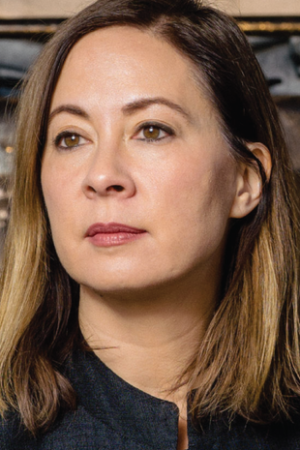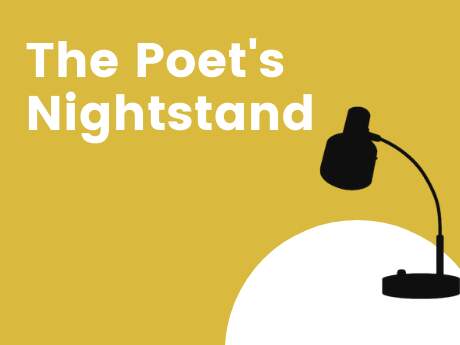The Poet’s Nightstand
The Poet’s Nightstand with Paisley Rekdal
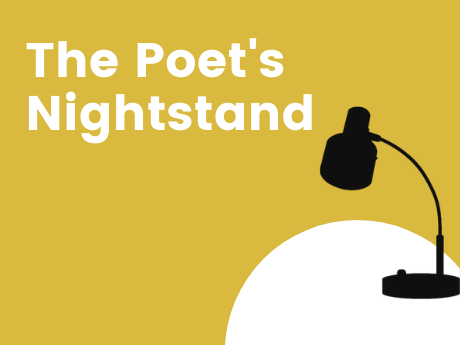
In The Poet's Nightstand, we ask poets to talk about five books that have made a big impression on them recently. Paisley Rekdal selected C. Dale Young, Mark Bibbins, Susan Briante, Mark Wunderlich, and Diane Seuss.
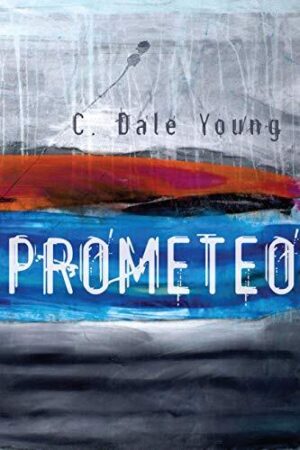
The first is C. Dale Young’s Prometeo, which considers—among other things—the poet’s diasporic family history, with its legacies of colonialism and racist violence, its multi-racial/multi-ethnic narratives that Young parses and re-imagines over the course of this collection. Prometeo is a book steeped in images of historical and personal violence, and for me part of the book’s power is that Young writes clearly and even beautifully about events we would consider almost too painful to narrate: a childhood rape, for example, or silently tending the wounds of a homophobic patient while also remembering the casually homophobic medical training he received at school (Young is also a doctor in San Francisco). The book presents us with a paradox: how to care about and for a world that seems to care so little for you? The answer is in the poems themselves, the close and even loving attention they pay to the details many prefer to forget.
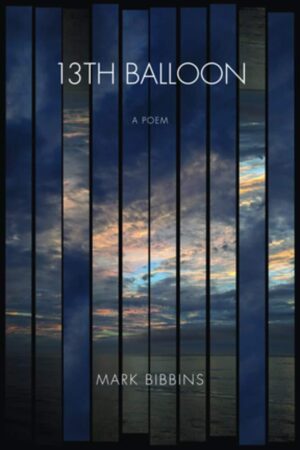
The second collection that grabbed me this year is Mark Bibbins’ 13th Balloon, a book-length elegy to a former lover, and also a meditation on the AIDS crisis of the 80’s and 90’s, a period of time I remember well myself. I love this book for Bibbins’ sense of line and pacing, which I could not—on pain of death—duplicate myself, but which feels so crucial to this book as it unfolds. The book moves quickly—the lines cascade down the page—and yet every line also holds my attention. Considering the lack of punctuation, it would be easy to lose track of the poem’s sense, and yet the poem never spins out of control, even as the book feels as if it came together in a rush. It’s breath-taking, and also, at times, surprisingly funny. I’m also grateful that Bibbins has brought our attention back to the AIDS crisis, the first major public health scare in my memory that profoundly affected our nation and culture. So many of us lost at least one person to AIDS, and it threatened to decimate a generation of artists. 13th Balloon, even as it speaks to the past, feels deeply relevant today.
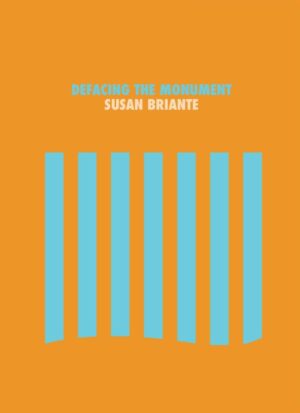
For the past several years, I’ve been working on a documentary poem about the transcontinental railroad, so I’ve been hungry for smart, challenging books working in a similar documentary mode. Enter Susan Briante’s Defacing the Monument, a book that examines one of the “Operation Streamline” hearings which sentence up to 75 undocumented migrants at a time to jail time prior to deportation from the U.S. Defacing the Monument is technically nonfiction but is poetic in its movement, and certainly tackles the thorny ethical issues inherent to documentary poetics itself. When we write about others through such a highly mediated form as poetry, what do we risk losing or accidentally erasing? Documentary poetics may be, at heart, an appropriative literary act, but does it necessarily require that we erase the political meaning and identities of those we write about? Briante’s book raises important questions, and has certainly made me re-evaluate some of my own documentary research. It’s a book that’s part poem, part essay, part cultural criticism: a blend of genres that allows Briante the space and form to thoughtfully tease out the nuances of her own poetic work.
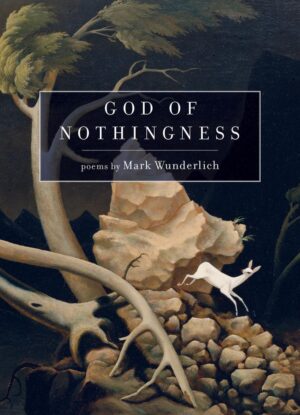
Mark Wunderlich’s book God of Nothingness is dark but riveting. It’s a collection of losses: the loss of the poet’s father, as well as a beloved mentor and a nephew all feature prominently, but the greatest loss suggested in the book might be the poet’s youthful innocence. The book looks unflinchingly at death and middle age, at the yawning void of time stretched out before us that may be the hardest, final truth to accept in life. The book is also filled with fantastical and real monsters, including Jeffrey Dahmer. But though the book is dark, at times even gothic, it’s also darkly funny: there’s a certain savage, Bergman-like absurdity to many of the poems that the Norwegian in me can’t help but chuckle at. Just because the world is indifferent, even cruel, that doesn’t mean we can’t laugh at it, or at ourselves. We take pleasure where we can, and the beauty of this book is how it allows me to take great pleasure in Wunderlich’s language.
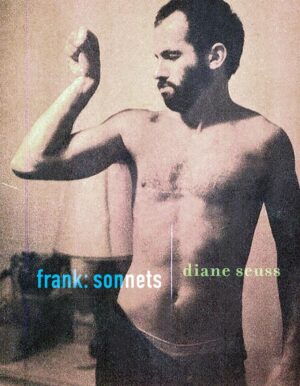
Diane Seuss’ Frank is a verse memoir, a revision (or reclamation or re-evaluation) of the sonnet form itself. Sonnets—to my mind—have always been rhetorical structures. But here Seuss turns them into high-velocity narratives that, over the course of a book, tell the story of one woman’s life through the lens of class, gender, maternity, sex (and sexual politics), and art. It’s both thought-provoking and highly entertaining. Historically, women have often been the subjects of the extended sonnet sequence; here, Seuss turns the tables, telling the story of her life in her own words and on her own terms.

